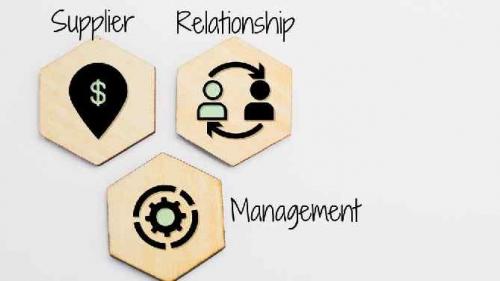At National PBS, our approach to autism assessment is built upon a foundation of empathy, expertise, and a deep commitment to empowering individuals with autism. Autism, a complex spectrum disorder characterized by distinct brain differences, presents unique challenges in social interactions, repetitive behaviors, and communication. Recognizing the signs of autism in adults or children is the pivotal first step toward understanding and addressing this condition. An accurate diagnosis is instrumental in accessing the support services and tools necessary for individuals with autism to lead fulfilling lives.
Our autism assessment process begins with a thorough initial interview and observations. During this critical phase, we delve into the individual's developmental history, family dynamics, personal interactions, and experiences in their educational or occupational environment. These comprehensive discussions are further enriched by our careful observations of the individual's general demeanor and engagement levels. These assessments are pivotal in determining whether autism may be a potential diagnosis.
If autism is suspected based on the initial interview and observations, we proceed with a formal assessment. This comprehensive evaluation typically spans multiple sessions, allowing us to gain a deeper understanding of the individual and establish a positive rapport. Building this rapport is essential in ensuring that the client feels comfortable and supported throughout the autism assessment process.
Understanding autism symptoms is integral to a precise diagnosis. While many of these symptoms are not exclusive to autism, persistent difficulties in both 'social communication' and 'restricted/repetitive behavior' areas are generally required for an autism diagnosis. The extent of these challenges, as well as whether they indicate high-functioning autism, determines where an individual falls on the autism spectrum.
Social communication difficulties are a hallmark of autism and manifest differently across age groups. These challenges affect how individuals express their thoughts and feelings and their ability to understand and interact with others. Recognizing these challenges, along with identifying restricted and repetitive behaviors, provides the groundwork for our assessments.
At National PBS, we believe that early diagnosis is the key to unlocking a world of support and resources for individuals with autism. Our autism assessment process is designed to be comprehensive, compassionate, and supportive, ensuring that each individual receives the care and understanding they deserve. We are committed to empowering lives through knowledge and support, helping individuals with autism embark on a path toward a brighter, more fulfilling future









